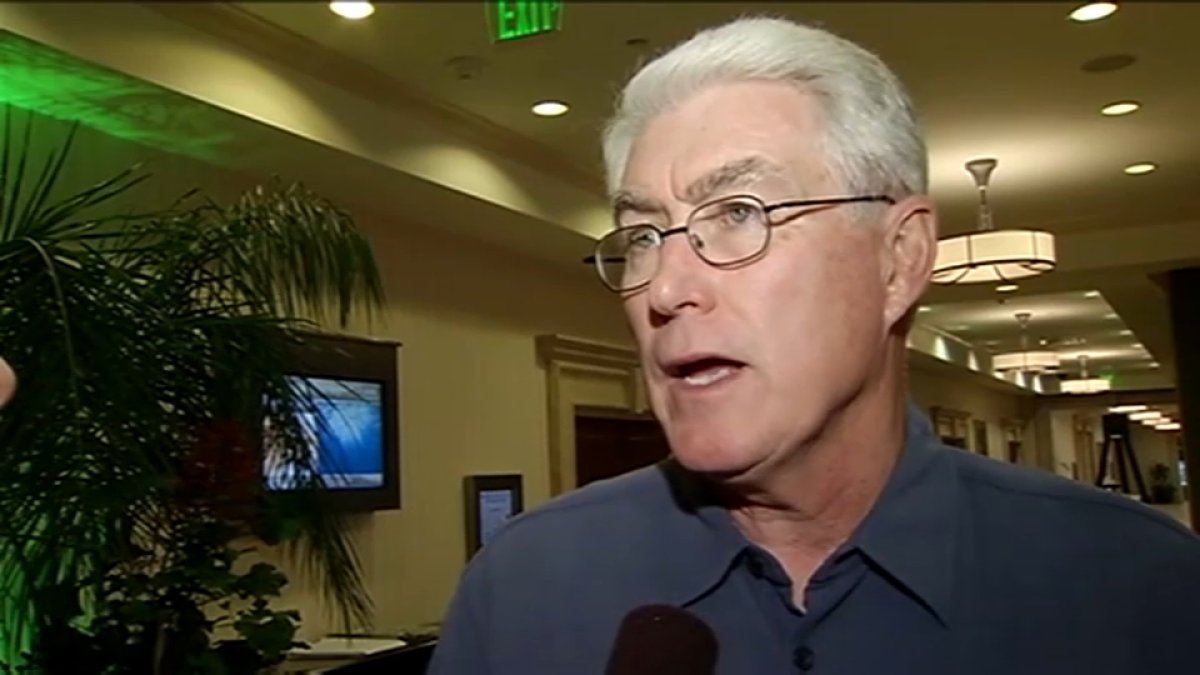Former Illinois Gov. Jim Edgar has died at the age of 79.
Edgar, who served two terms as Illinois’ governor in the 1990s, had announced that he had been diagnosed with pancreatic cancer earlier this year.
Multiple sources told NBC Chicago’s Mary Ann Ahern that Edgar had passed away Sunday, with tributes immediately pouring in for the former governor.
Edgar was born in 1946 in Oklahoma and was raised in Charleston, Illinois, where he later would attend school at Eastern Illinois University, where he was elected student body president, according to his website.
Edgar was first elected to the Illinois House in 1976, and was named former Gov. Jim Thompson’s legislative director in 1979. He was then appointed to serve as Secretary of State in 1981, and won reelection twice to the position.
During his tenure in office he had pushed for Illinois to adopt stricter laws against drunk driving, including lowering the Blood Alcohol Content limit to 0.10, and had advocated for the national drinking age to be set at 21, according to his website.
When Thompson opted not to run for reelection in 1990, Edgar announced his candidacy and after winning a contested primary defeated Democratic candidate Neil Hartigan to win the governorship.
During his tenure as governor, Edgar pushed for caps on property taxes for Illinois homeowners and paid down billions in debt as he addressed significant budget deficits, according to his website.
Edgar chose not to run for reelection in the 1998 governor’s race, and has served on a wide variety of boards and in different charitable organizations, including as the president emeritus of the Abraham Lincoln Presidential Library Foundation.
Earlier this year, Edgar revealed that he had been diagnosed with pancreatic cancer, and that he would continue to receive treatment in Arizona.
“Doctors at Rush University Medical Center in Chicago have determined I have pancreatic cancer that has spread,” he said, in part. “They and physicians at Mayo Clinic are coordinating on a treatment regimen that I am following initially in Arizona, where we spend the winter, and later in Springfield when we return. We do not underestimate this challenge, but we have confidence in the medical team helping us address it…”
